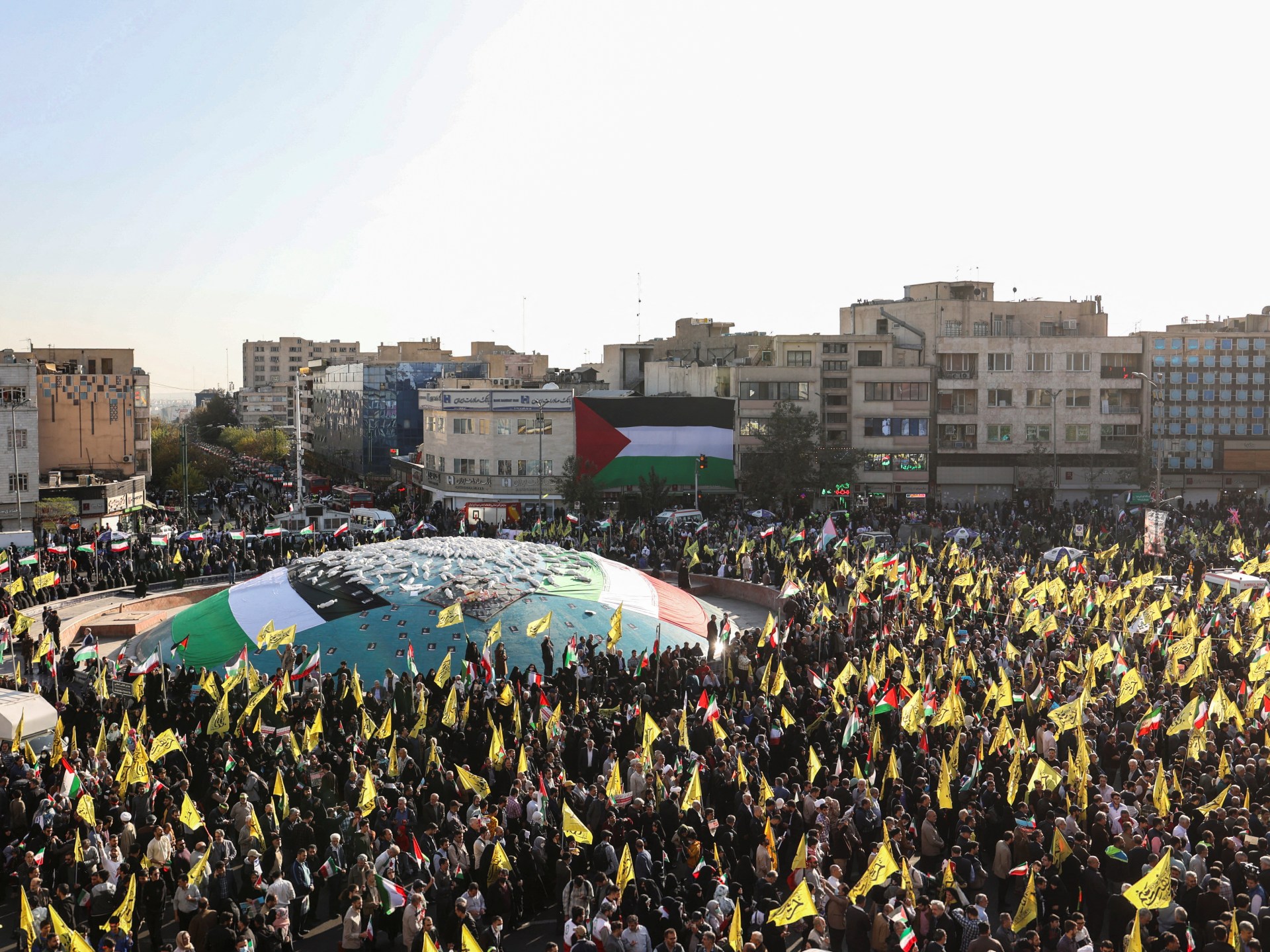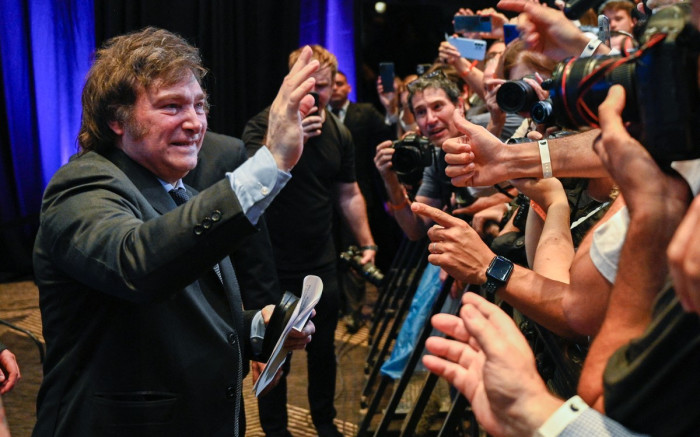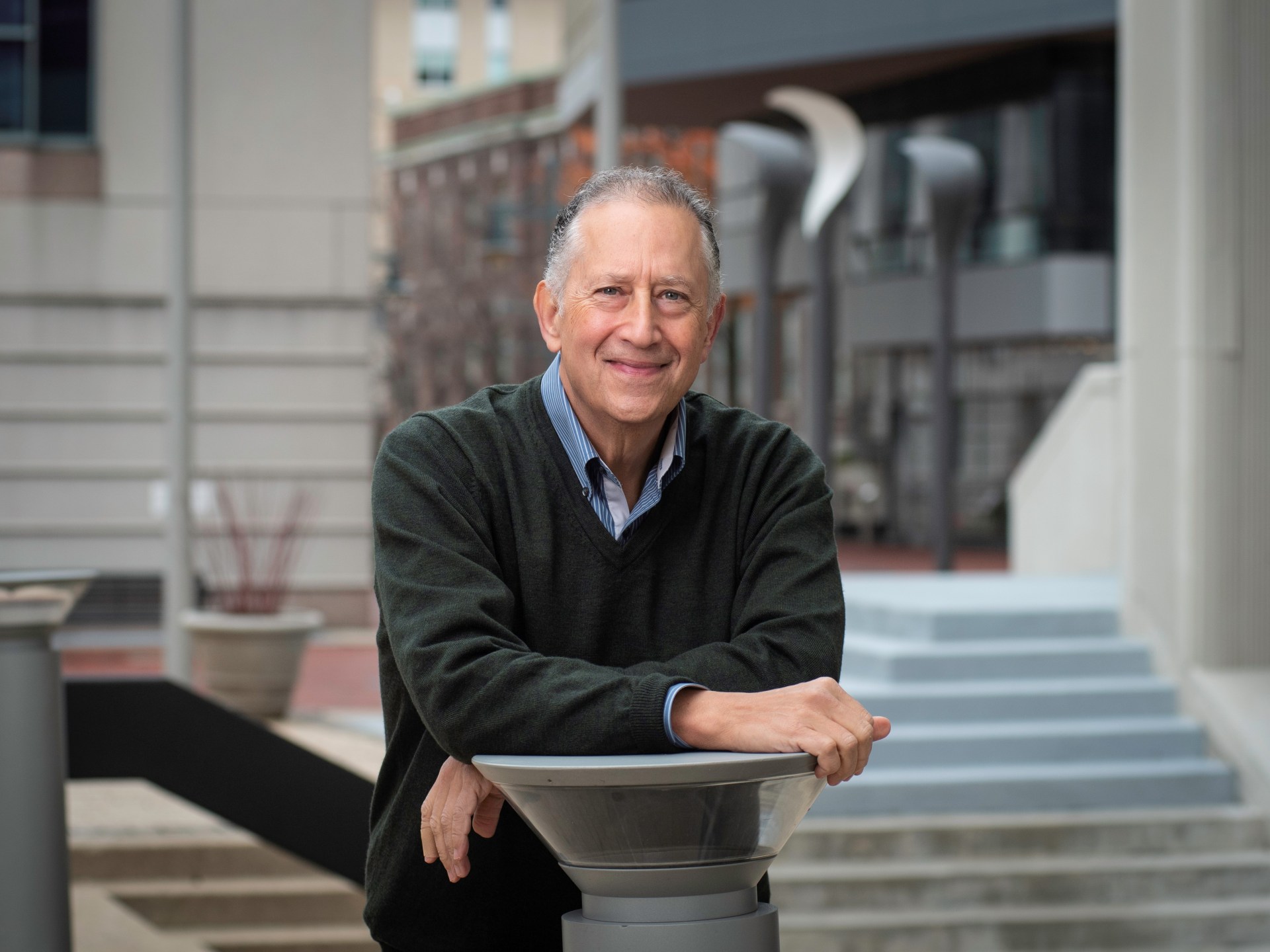
New Delhi, India – It was April 1st, All Fools’ Day.
India's elections The elections were yet to come, but Delhi columnists were already delivering the verdict on the biggest prize of all: Uttar Pradesh (UP), the northern state that is the country's largest and has the most representatives in the national parliament. The state's 80 MPs in a house of 543 often make or break the national government.
In 2014 and 2019, they were the winners of the Bharatiya Janata Party, when Prime Minister Narendra Modi’s party won 71 and 62 seats respectively in those two elections. The columnists were predict a recurrencea done deal for the BJP.
But Hakim Sahib, a full-time mendicant and part-time politician from Meerut, a city in western Uttar Pradesh (UP), was not happy. “The BJP will not win more than 40 seats in UP as there is a strong underlying opposition to the party there,” he told this writer.
Two months later, when the Results were announced on June 4 after seven phases of a staggered election, Sahib, as it turned out, was forward-lookingunlike the vast majority of pollsters who had predicted a landslide victory for the BJP in Uttar Pradesh and all of India.
As the election campaign began in the state of more than 200 million people, the signs were clear: Modi and the BJP were clearly a strong force, but among many voters – including traditional supporters – there was also a seething anger about high unemployment and inflation. A clever strategy by the opposition INDIA Alliance transformed a BJP campaign slogan that 400 seats in Parliament into a narrative against the ruling party: The opposition claimed that with such a large mandate, the BJP could deprive historically disadvantaged groups such as the Dalits, who are at the bottom of India's caste hierarchy, of their constitutional rights.
All this led to the result predicted by Sahib: the BJP ended up with only 33 seats, while its allies won three more. The regional Samajwadi Party, a member of the Congress-led INDIA alliance, won 37 seats. The Congress itself won six more. This result, together with losses in the western state of Maharashtra, forced the BJP to rely on alliance partners unable to form a government alone unless it has a national majority.
The rumblings that led to this moment were not limited to traditional BJP critics. Some ordinary voters who had helped fuel its rise also felt let down.
Autumn in Ayodhya, drops in Varanasi
In 1992, the BJP led a campaign that culminated in the destruction of the 16th-century Babri Mosque in the temple town of Ayodhya in Uttar Pradesh. On December 6 of that year, when images of the shrine's demolition rocked the rest of India and shocked the world, Mohan was there and part of the mob that reduced the mosque to rubble.
In January this year a large Ram temple was consecrated on the same site: The Hindu deity Ram was born in Ayodhya, according to ancient scriptures. It was a moment that, like the 1992 demolition, was broadcast around the world and served as a launching pad for Modi's 2024 re-election campaign.
But when this writer spoke to Mohan in April – who asked that his last name not be used – it was clear that he had given up on the BJP. He has an unemployed son who was initially tempted to join the Modi government’s programme to Indian workers to Israel as a laborer during the Gaza war. The son ultimately rejected this option.
“The BJP will not come to power in the assembly elections this time. I will call you on June 4 to confirm this,” Mohan said.
He was partly wrong – the BJP is on the verge of forming the next government with its allies. But in Faizabad, the constituency where the Ram Temple is located, the BJP lost. And Mohan's comments reflected the sentiments shared by voters even in Modi's own constituency. Varanasi.
His influence is visible in infrastructure development works throughout the city: a highway to the airport, cleaned banks of the Ganges, widened roads to Varanasi's greatest attraction, the Kashi Vishwanath Temple.
But these changes have robbed the city of its identity, says Vishambhar Mishra, a professor at the city's Indian Institute of Technology and chairman of the Sankat Mochan Trust, which works to clean up the Ganges.
“Varanasi used to be the city of lanes and bylanes. People could set off from anywhere and drive along the lanes to reach the ghats and take a bath in the Ganges,” he said. Meanwhile, despite repeated promises by the government to clean it, the Ganges is still dirty – a contradiction he regularly points out in posts on the social media platform X.
On the Ganges, Boatswain Bhanu Chaudharywho made fun of the author, said: “People are very angry because there are no jobs.” Chaudhary has a university degree but is forced to row boats for visitors to the city because he has no other work.
That anger came to the fore on June 4. Modi won the seat, but with a dramatic drop in his margin from 480,000 votes in 2019 to 152,000 this time. Many of the constituencies near Varanasi that the BJP hoped to win with Modi's presence in the city went to the INDIA alliance.

The loss of the Dalits
However, observers say the main reason for BJP voters turning away may have been the party's own statements.
The slogan that the BJP-led alliance would win 400 seats frightened many Dalits who feared that the party change the constitution — whose design was masterminded by Dalit icon Bhimrao Ambedkar — to deny them hard-won rights, said Inderjit Singh, a teacher in Gorakhpur, a city in northern Uttar Pradesh. “So many seats have slipped away from the BJP,” he said.
As initial data show, the opposition Alliance INDIA has succeeded in forming a coalition of Dalits, other traditionally disadvantaged groups – known in India as “Other Backward Classes” (OBCs) – and Muslims in many parts of the state.
“They want to change the Constitution of India and end job reservation,” alleged Gautam Rane, a Dalit activist fighting against the BJP. The BJP has denied that it ever had any intention of depriving Dalits of the benefits promised in the Constitution, including quotas in public jobs and educational institutions.
Rane said many Dalit voters had abandoned the Bahujan Samaj Party, which had long been the leading party in Uttar Pradesh, because they felt it was now too weak to take on the BJP. The BSP still won 9 percent of the vote in the state, but lost in all constituencies: it had won 10 seats in 2019.
Modi’s comments against Muslims during the election campaign – he described them as “Infiltrators” – has brought the community, which makes up nearly 20 percent of Uttar Pradesh's population, behind the opposition alliance, said Nawab Hussain Afsar, editor of an Urdu daily based in Lucknow, the state capital.
And they fought back with their voices.






Recent Comments